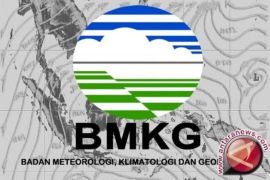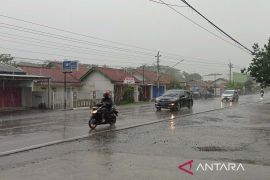According to media reports, a research team from the Erasmus Medical Center in Rotterdam, the Netherlands, created mutations of the virus that enabled it to be transmissible between ferrets, which indicates the virus can also be transmissible among human beings while retaining its lethal effect.
Similar studies were reportedly carried out by a joint research team from the University of Wisconsin in the United States and the University of Tokyo in Japan.
WHO says it was "deeply concerned" about the potential negative consequences over such laboratory tests.
"While it is clear that conducting research to gain such knowledge must continue, it is also clear that certain research, and especially that which can generate more dangerous forms of the virus than those which already exist, has risks," WHO says.
WHO insists that such research should be done "only after all important public health risks and benefits have been identified and reviewed," with necessary protections to minimize the potential for negative consequences in place.(*)
Editor: Heru Purwanto
Copyright © ANTARA 2011











